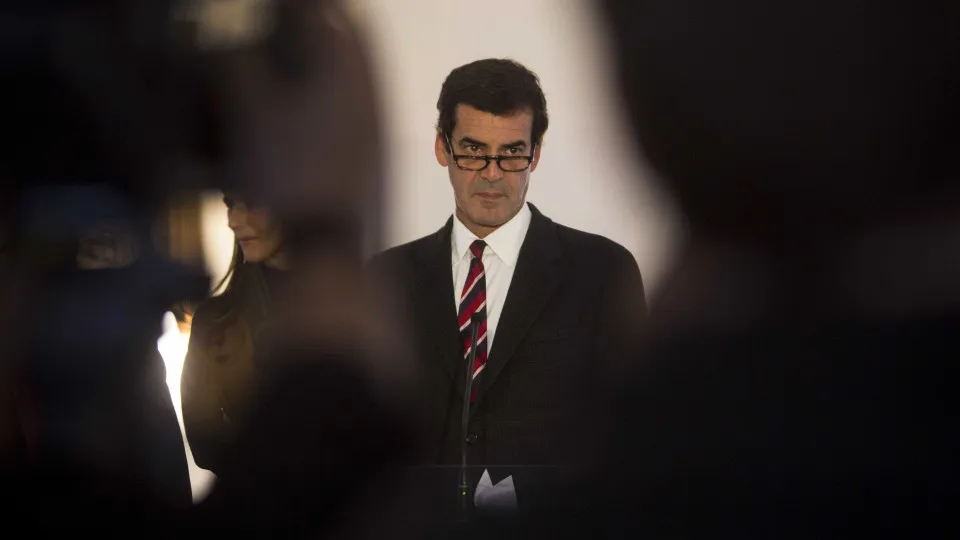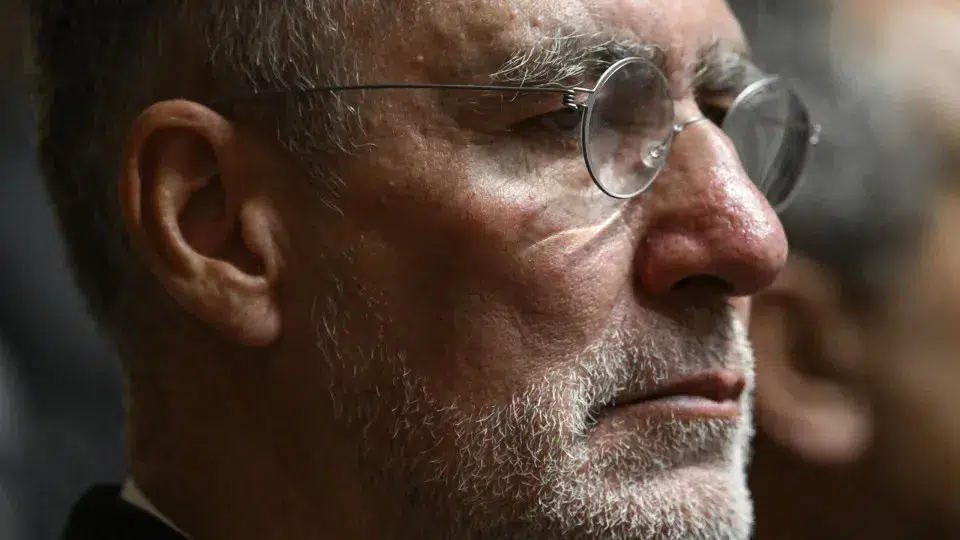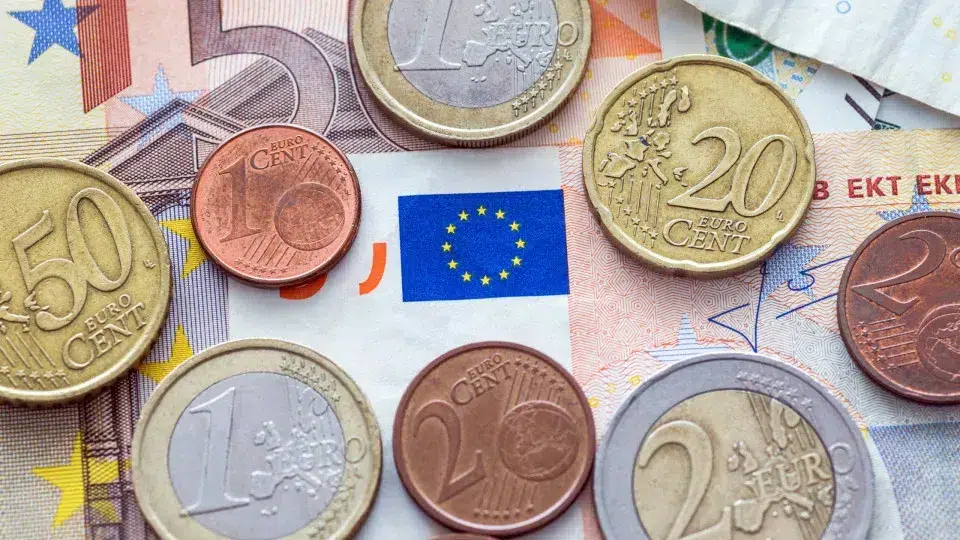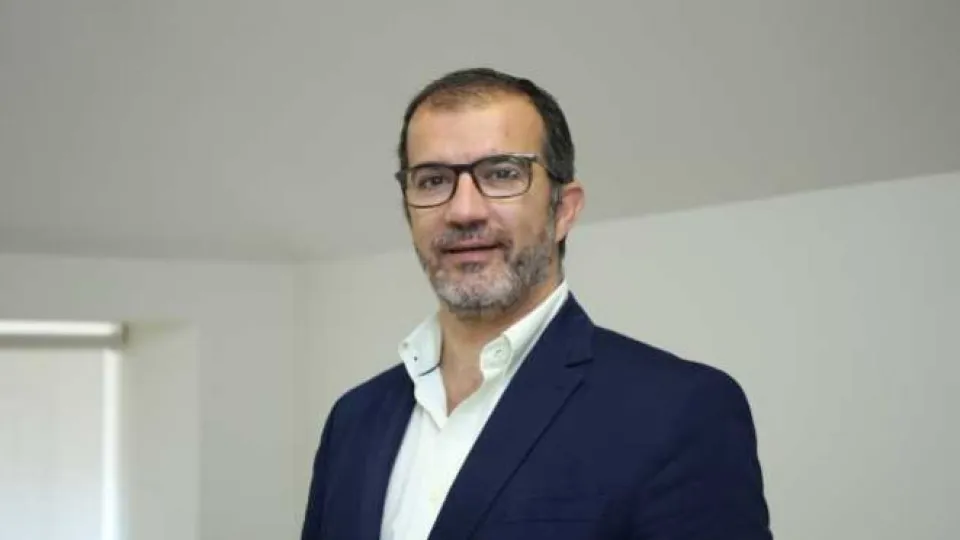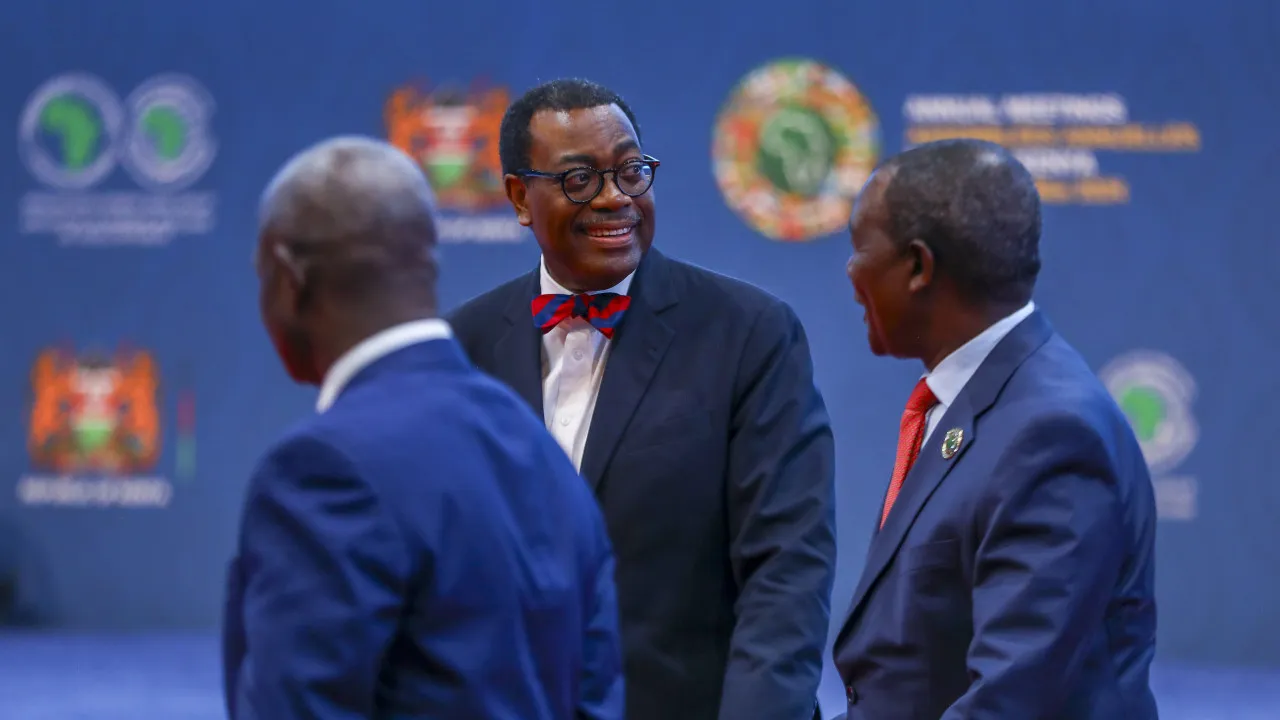
The capital of the bank has tripled, from 93 billion dollars (81.8 billion euros) in 2015 to 318 billion dollars (279.7 billion euros) currently, an unprecedented achievement, stated Akinwumi Adesina during the opening of the African Development Bank’s (AfDB) annual meetings in Abidjan, Côte d’Ivoire.
“We utilized this expanded capital for unprecedented financial support to all African countries,” and over the past 10 years, “a total of 102 billion dollars (89.7 billion euros) in investment was approved, 46% of all approvals” in the 61-year history of the AfDB (founded in 1964).
The total amount disbursed during the same period rose to 59 billion dollars (51.9 billion euros), “nearly half of the bank’s all-time disbursements,” he added.
“These are not just numbers, but a new scale of transformative impact,” he stated, in a speech of reflection and self-assessment of success, supported by numbers and full auditoriums, with thousands of guests from across Africa and the rest of the world, at the opening of the AfDB annual meetings.
Adesina highlighted the bank’s growth, now occupying a place among the world’s main multilateral financial institutions: “We have become a people-centered bank, a bank of development solutions for Africa,” which created conditions for countries to withstand the COVID-19 pandemic and the food crisis risks caused by Russia’s invasion of Ukraine.
This role was praised by the United Nations Secretary-General António Guterres in a video greeting sent for the ceremony.
Among the supported projects are one of the largest solar power stations in the world, in Morocco (Ouarzazate), capable of supplying over a million homes, and a wastewater treatment system in Egypt (Abu Rawash), serving 12 million people.
The universalization of electricity supply across the continent is the next goal.
“The bar will be set high for the next president,” pointed out Côte d’Ivoire President and host of the annual meetings, Alassane Ouattara.
Seated beside him in the front row of the opening ceremony were Azali Assoumani, President of the Comoros, John Mahama, President of Ghana, Joaquim Chissano, former President of Mozambique, as well as the Vice Presidents of Tanzania and Botswana, along with members of other governments.
There are five candidates for Adesina’s succession: Amadou Hott (Senegal), Samuel Maimbo (Zambia), Sidi Tah (Mauritania), Abbas Tolli (Chad), and Bajabulile Tshabalala (South Africa), the only woman among the contenders, vice president under the current head of the AfDB.
The candidates’ resumes, published by the bank, exhibit varying experiences in economics and finance, in ministerial positions, top roles in international financial institutions, and the private sector.
The election takes place on Thursday during the Board of Governors’ Assembly, included in the annual meetings’ program.
“Maximizing Africa’s human capital for promoting its development” will be the theme for discussion, along with cross-cutting issues such as digital transformation, institutional reinforcement, and good governance.
The bank aims to identify “opportunities” and “develop specific policies to make Africa’s capital – human, natural, financial, and commercial – the main driver of structural transformation and transition to more inclusive, greener, and more resilient economies in the coming decades,” it stated at the launch of the meetings.
The expectation is that this formula will “leverage external capital flows from various partnerships to complement Africa’s development financing needs.”
The AfDB Group is the leading development finance institution on the continent, with 81 member states, including 53 African countries and 28 non-African countries, including Portugal and Brazil.
The Portuguese-speaking African countries are present at these annual meetings (Angola, Cape Verde, Guinea-Bissau, Mozambique, and São Tomé and Príncipe) with different delegations.

